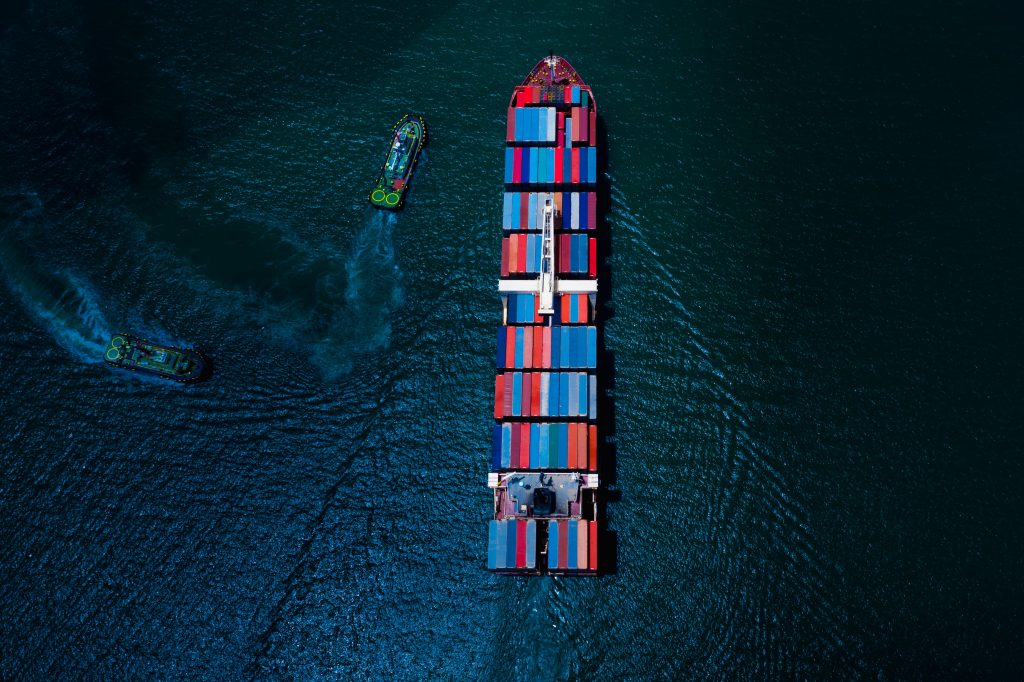
Book review – Marc Levinson – “Outside the box – How Globalisation changed from moving stuff to spreading ideas.” (Princeton University Press, 2020)
Marc Levinson is an author on the supply chain that I can’t recommend enough. He came to prominence in 2006 with “The box – How the shipping container made the world smaller and the economy bigger”, which, despite the seemingly obscure subject matter, went on to be a huge hit (Book of the year in numerous publications such as the Financial Times) Did you know that the modern-day standardised metal container that powers global trade has its history in the Vietnam war of the 1960s?
For an IoSCM learner, the box has a tremendous amount of relevance – shipping, ports, ISO standards, communication, and global trade, and it’s written in an interesting style. However, it should be noted that it’s not a traditional study text but rather an economic history and appraisal.
“Globalisation” is often seen as a dirty word
The author has recently released the follow-up to equal acclaim. “Outside the box” deals with global trade and its components. “Globalisation” is often seen as a dirty word. Still, the author presents a balanced analysis of its positive impacts (on prices, world peace, standards of living) and its negatives (its effect on jobs, equality, and trade tensions). Moreover, globalisation was built on reduced transportation costs – hence its relevance to IoSCM learners.

Levinson provides an enlightening history of global trade. It begins with the cotton that underpinned the industrial revolution (and more sinister trades) and the European rush for colonial dominance, which was ended by WW1. The second phase he defines as the post-WW2 rush for trade, recovery and spheres of influence. Finally, his third phase of globalisation is the “free-trade” boom of the ’80s. And this is the globalisation that we now know. In some places, it becomes USA-centric, but he does consider a more comprehensive perspective explaining how globalisation has always caused upheaval (from the spinning Jenny revolutionising the clothing industry) up to the anti-globalisation movements of the populists such as the Trump presidency and its China trade policies.
The author identifies a number of factors key to globalisation, and each is covered in detail, such as:
-Reduced transport times (from canals to steamships)
-the importance of communications (from the telegraph to the fax, to the modern era of the WWW)
-The reduction in costs (port handling and the rise of the container)
The final chapters look at the “fourth globalisation”, examining the present day and the future. It considers the impact of Covid-19 (the book was written in 2020, so it studies its effect) and how tensions are reshaping global trade. As a taster, there is an excellent article by the author on this subject https://aeon.co/essays/the-globalisation-of-ideas-will-be-different-than-that-of-goods
The impact of Global Trade
It’s a well-referenced text with a wealth of links to similar materials and studies. It’s also an effortless and enjoyable read, full of insights to drop into conversation and points you will find relevant for your IoSCM studies. His coverage of the backlash to globalisation, food miles, and environmentalism offers some real food for thought. It also provides some astonishing information on how global trade has changed the world, from where we live to what we do for employment. When you consider that just 80 years ago, people were paid to offload ships for days on end manually and how that has now transformed into an automated movement of a standardised shipping container, it’s quite astonishing to see how the supply chains have developed. Global trade has reshaped the world, and here the good and bad impacts of this change are examined in an enlightening manner.
Book Review by Neil Finegan, IoSCM Education Team

